Mercedes’ F1 dominance isn’t a problem
Mercedes’ dominance isn’t as much of a problem as it’s made out to be (on the ‘anti-social’ media). History has shown that this won’t last forever... The Formula 1 season thus far – prior to Monaco – was marked by five consecutive Mercedes 1-2 finishes.
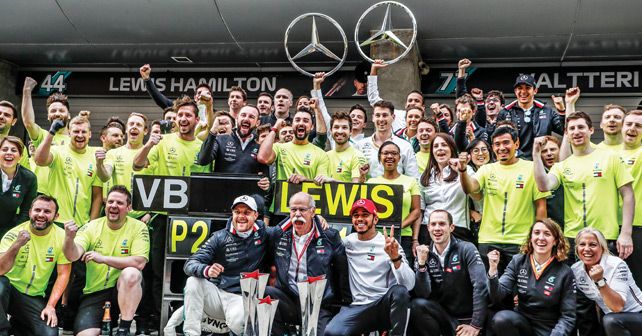
Mercedes’ dominance isn’t as much of a problem as it’s made out to be (on the ‘anti-social’ media). History has shown that this won’t last forever...
The Formula 1 season thus far – prior to Monaco – was marked by five consecutive Mercedes 1-2 finishes. Three wins for Lewis Hamilton and two for Valtteri Bottas. On paper, Ferrari has been obliterated – particularly after looking so good in pre-season testing. Inevitably, there’s been a lot of noise about this being the end of the world – that F1 is finished! That it’s not like the good old days… and so on, and so forth. It was ever thus. It was much the same in periods of domination in the past as well, the only big difference today being that every fan, and his dog, now has an opinion that’s published on the internet, whether informed or otherwise. Experts are told that they’re not required. And anyone who dares to say that the critics are ignored or ill-informed is accused of elitism. In the end, it just becomes a big mess of people on what can only be described as ‘anti-social’ media, with the whole process tinged with negativity. Being negative is easier than being positive.
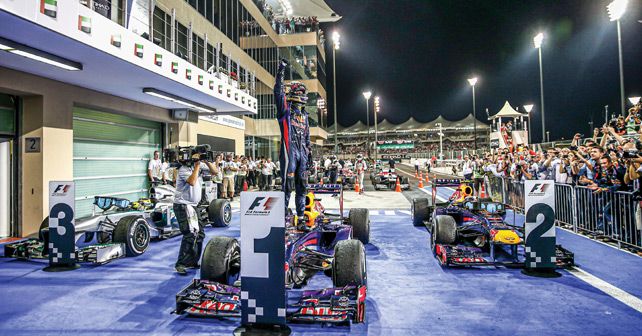
When all is said and done, however, you cannot blame Mercedes for doing a better job than its opposition. The blame lies more with Ferrari and Red Bull Honda, and with the underachieving Renault and McLaren. When you look at the kind of facilities that some of these teams have, it’s embarrassing to see what they’re doing on track. It is not for Mercedes to slow down to let the others catch up, it’s for the challengers to redouble their efforts and rise to the challenge to beat the champions. It’s never been easy – nor should it be – but Ferrari is probably closer to Mercedes than the results suggest; Red Bull and Honda are making steady progress and they should be winning this year. It’s hard to imagine that Renault and McLaren will manage to achieve that, but this is their goal and it remains to be seen if the people who are making the decisions are doing it right. It’s a pattern that has been repeated over-and-over in the history of the sport. There was a time when the now defunct Team Lotus and Tyrrell were unbeatable. McLaren-TAG was a formidable combination but it did not last forever, Williams-Honda dominated for a while and then McLaren-Honda was way out in front. And then Williams-Renault came along. This was followed by the seemingly never-ending Red Bull Renault domination, and now it’s the turn of Mercedes – a team that has developed through a series of failures to become a success. What made the difference? The people involved.
The end of the sport is not upon us. The cycles of success take a little longer to rise and fall, because of the mountains of work that must be done to beat the best, but it will happen. And, in truth, Mercedes’ amazing run of victories has not always been as good as the statistics suggest. This year, the team has picked up wins when Ferrari screwed up one way or another. The team is great because it makes so few mistakes. The key statistical data about the sport shows that audiences are rising – on TV, on the Internet and at race tracks. There are still plenty of fans out there to be found, as we have seen with the Netflix series Drive to Survive. This year, we’ve seen some new demographics developing, as people who have seen the TV show begin to come to the race tracks. That’s not been quantified yet, but you can see different kinds of people when you go to the events. At the same time, the sport is taking a good hard look at itself and figuring out what needs to be done in the future. It’s the first time that’s happened in a very long time and the new commercial rights holders are doing things in a much more scientific way than in the past. They have some strategic plans that are being worked through and we will see the benefits of this. The primary goal at the moment is to get a budget cap in place. Every team accepts that this will benefit them all in the long term. Will it make a difference with the pecking order? Probably not. The best team will still be the best team.
There are areas where there could be positive changes. TV direction does not seem to be as good as it once was, despite new technology and new camera angles. There are problems with pay-per-view televisions deals, but one cannot blame the newcomers for that. These were deals that were struck in the past by the previous owners that must be respected. It’s no great surprise that the TV companies involved do not wish to renegotiate. They have what they wanted and they are paying for it. It’s unfortunate – and not the way that Liberty Media wants the sport to go – but it is what it is. Time will cure that. Time will also cure the problems that have affected F1’s own over-the-top direct-to-consumer TV channel thus far. It is unfortunate that there have been problems, but Rome wasn’t built in a day. Formula 1 must be viewed as a work in progress and if you look at the business side of things, it all makes sense. The debt is being reduced and restructured, new revenue streams are being developed, new fans are being found. There are new races and work continues to take the sport to the two most important markets which F1 has failed to develop properly in the past – China and the United States, the two biggest consumer markets.
There is still a lot of work to be done, but there are some great creative minds at work, some terrific ideas that will be developed in the years ahead. There are lots of attitudes that need to be changed. The teams need to understand that they can work together with the commercial rights holder to create a better sport. The example of NASCAR is there for everyone to see. The teams are in intense competition with one another but they are always working with the sanctioning body to try to find better ways to get things done. It is true too in IndyCar, where collaboration is one of the keys to the current revival. The problem is that F1’s culture, instilled in people for the last 40 years, is one of confrontation and this means that some of the big players still cannot see the wood for the trees…
Also read - 2019 looks to be a good year for Formula One
The curious case of the F1 calendar
Joe Saward has been covering. Formula 1 full-time for 30 years. He has not missed a race since 1988.
.webp)
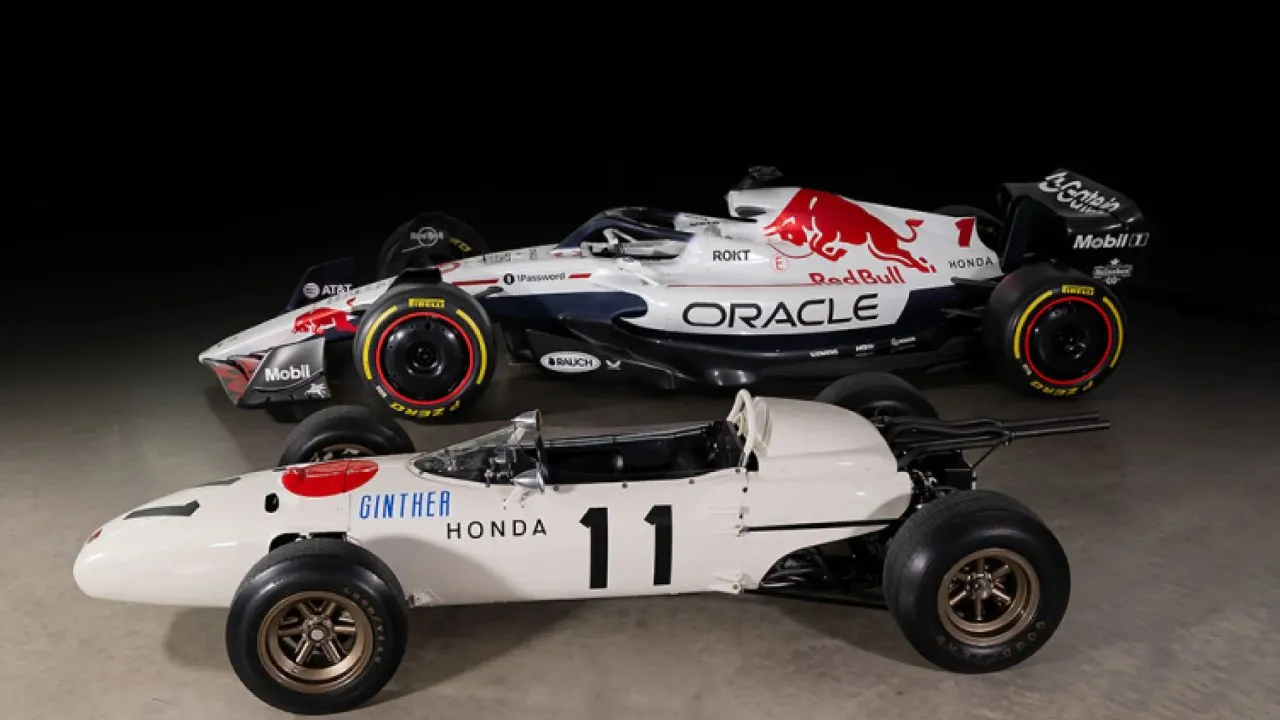
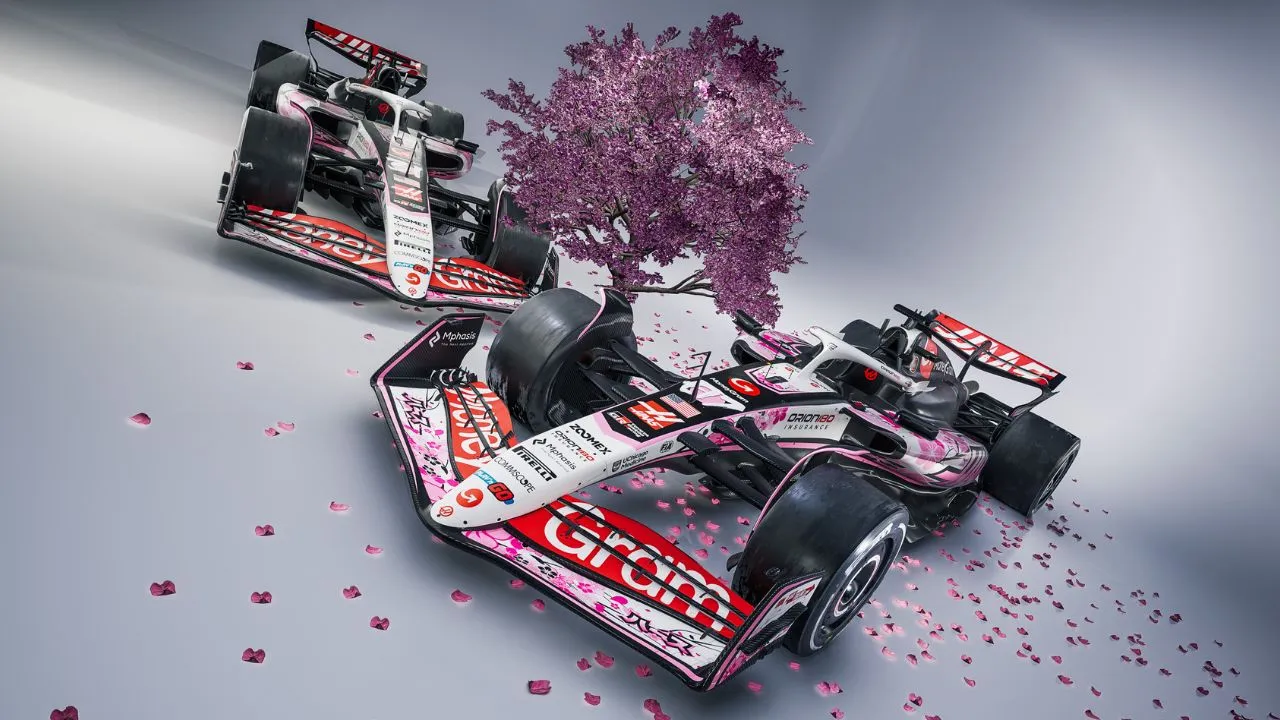
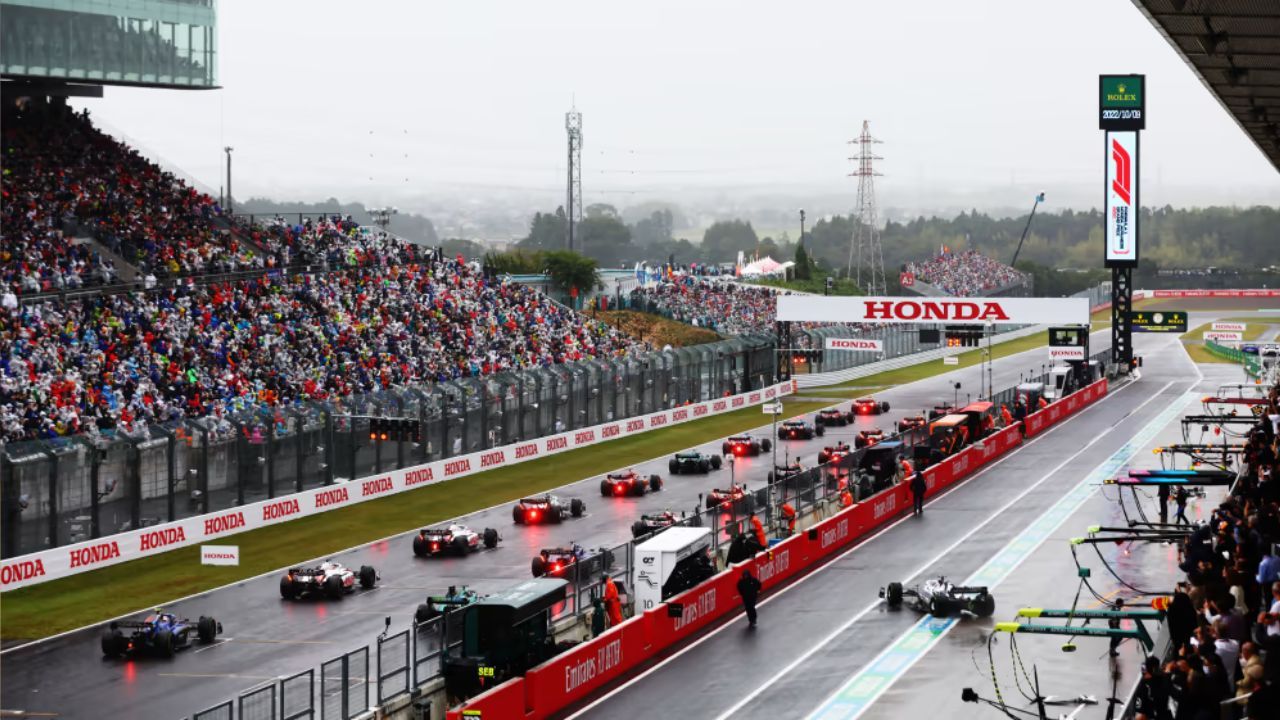
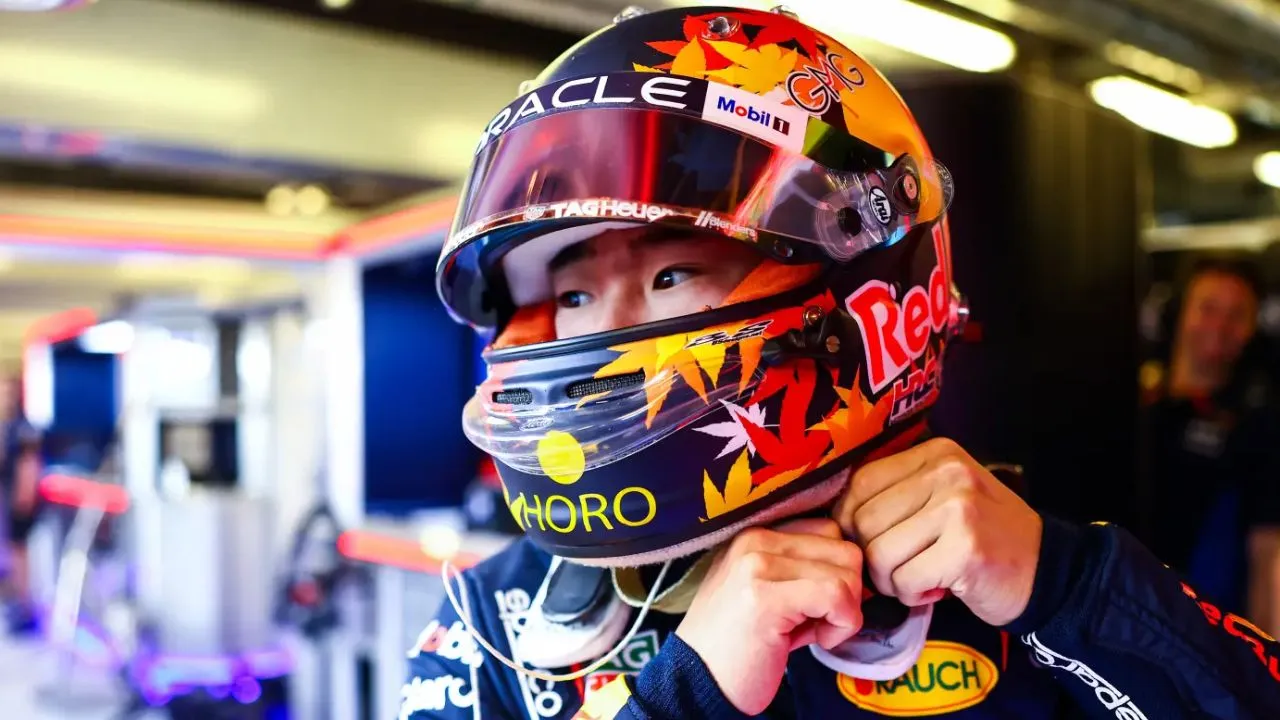
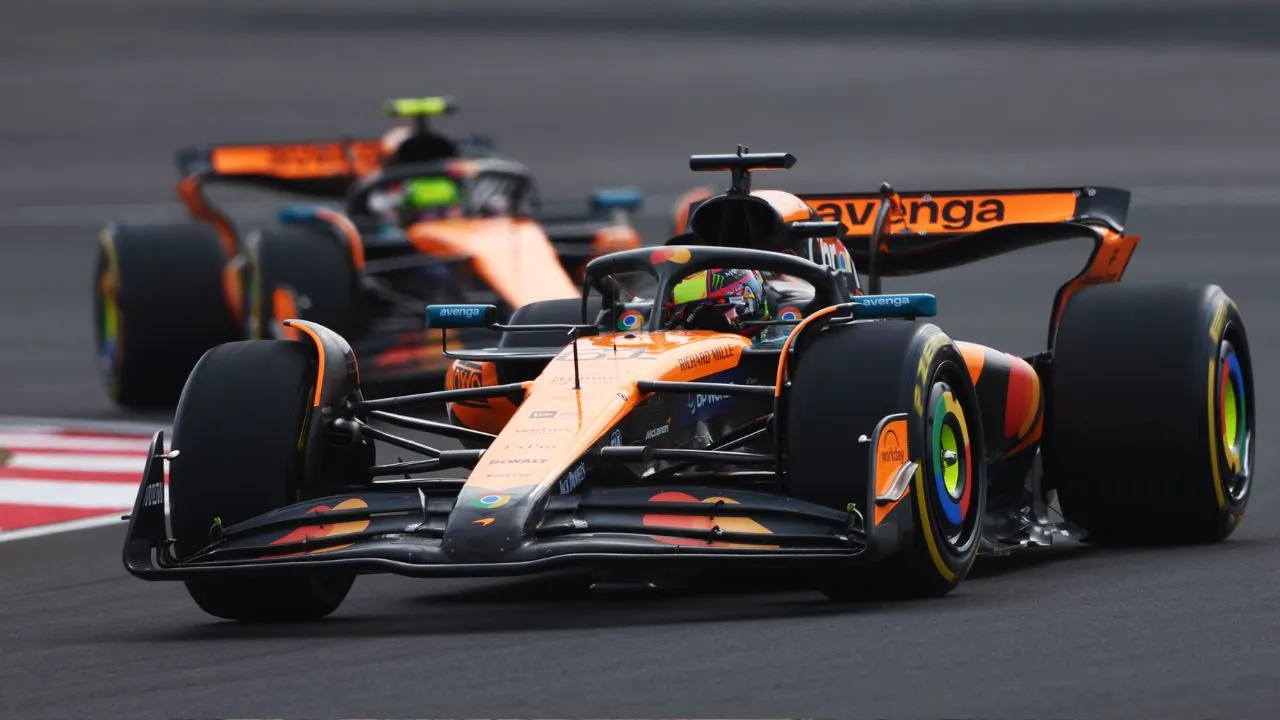

-(1).webp)

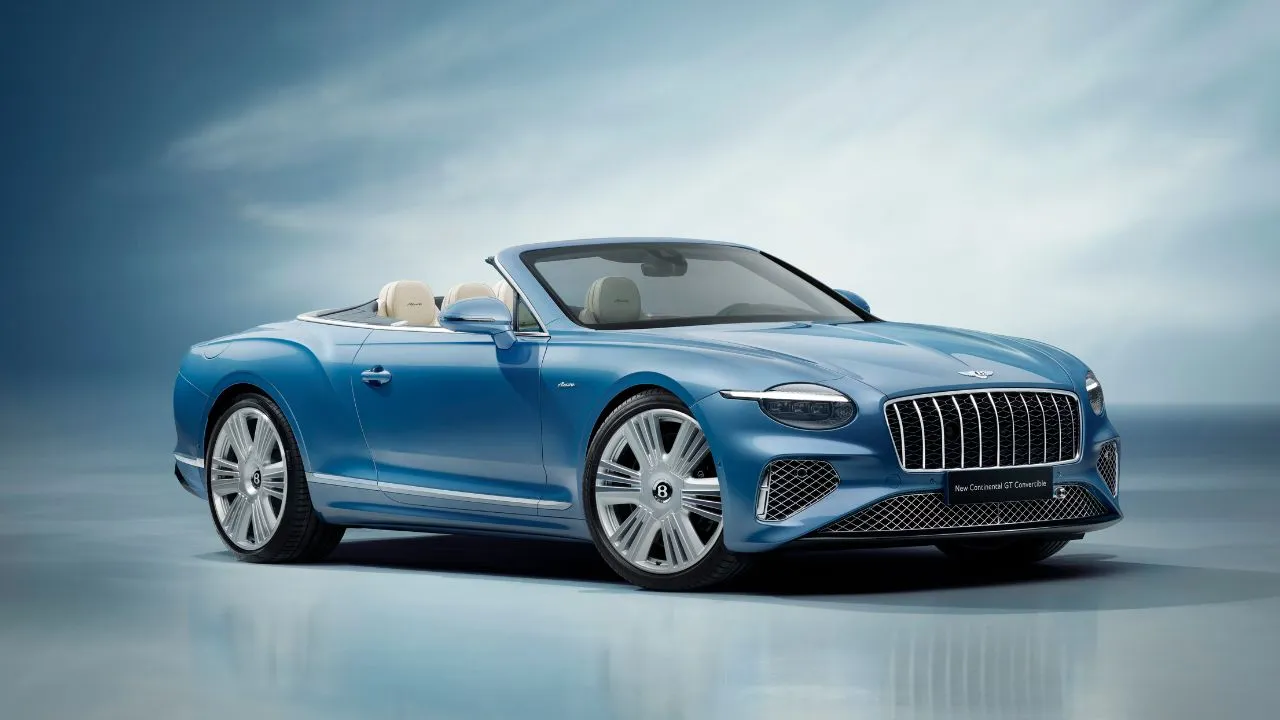
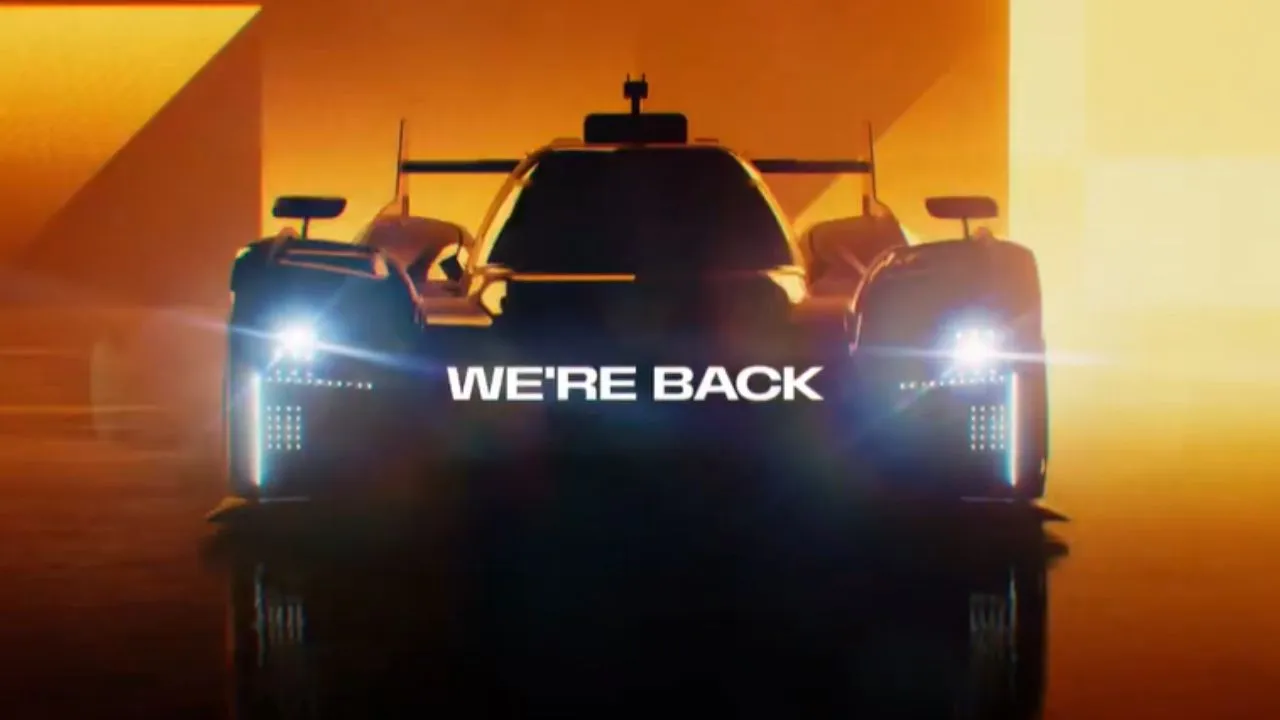














Write your Comment on